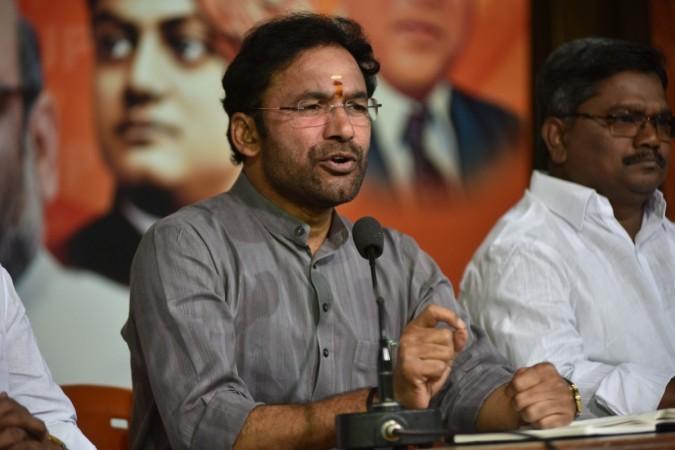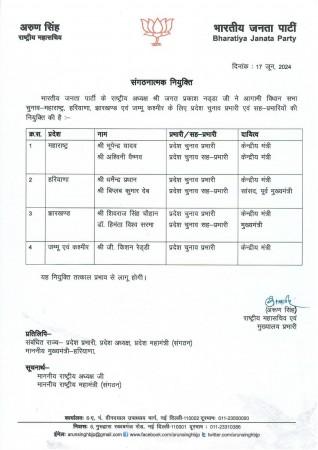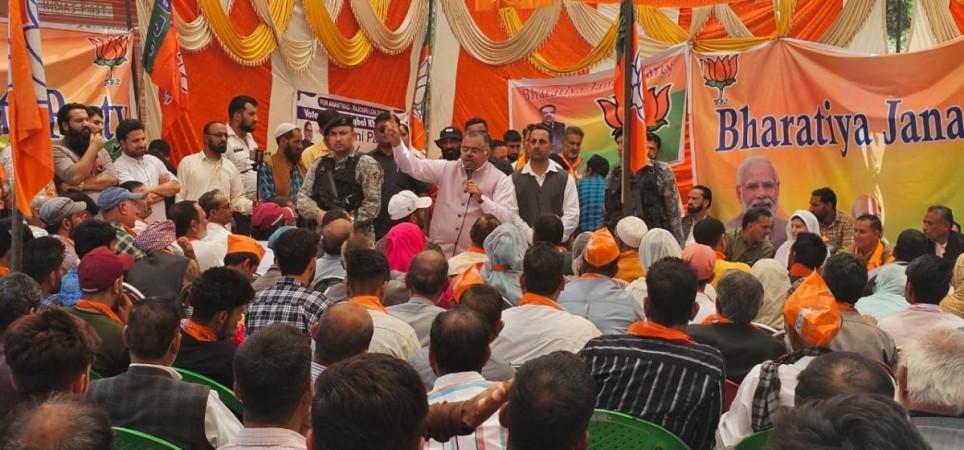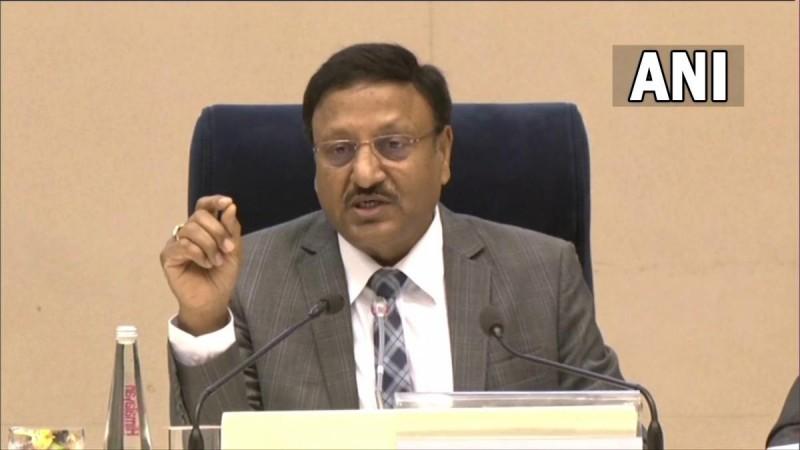
The ruling BJP has started preparations for the much-awaited maiden Assembly elections in the Union Territory of Jammu and Kashmir with the appointment of Union Minister G Kishan Reddy as election in-charge.
After the successful completion of the Lok Sabha elections, the Election Commission of India (ECI) has already started the process of conducting Assembly polls in J&K to establish a popular government in the Union Territory.
According to an order issued by Arun Singh, the National General Secretary of the BJP, Union Minister G Kishan Reddy has been appointed as election in-charge of poll-bound Jammu and Kashmir with immediate effect.

Apart from Jammu and Kashmir, BJP also appointed election in-charges for other poll-bound states namely Maharashtra, Haryana, and Jharkhand.
Union ministers Bhupendra Yadav and Ashwani Vaishnaw are appointed as in charge and co-in-charge for Maharashtra.
Union Minister Dharmendra Pradhan and former Chief Minister of Tripura Biplab Deb have been appointed as in-charge and co-incharge for Haryana.
Heartiest Congratulations to Union Minister Sh. @kishanreddybjp on being appointed as Election In-Charge Jammu and Kashmir for the upcoming Assembly Elections. pic.twitter.com/zXYujIIhYn
— BJP Jammu & Kashmir (@BJP4JnK) June 17, 2024
Union Minister and former Chief Minister of Madhya Pradesh Shivraj Singh Chouhan and Chief Minister of Assam, Himanta Biswa Sarma have been given charge of Jharkhand
"The appointment of Union Minister G Kishan Reddy is an indication that party leadership is ready to fight the first maiden Assembly elections to form its own government in J&K," said a party functionary.

BJP gets the lead in only 29 Assembly segments of J&K in Lok Sabha elections
In the just concluded Parliamentary elections in Jammu and Kashmir, BJP retained two Lok Sabha seats of Jammu province but the vote share of the party has declined sharply from 46.2 percent to 24.36 percent.
Out of the total five Lok Sabha seats of Jammu and Kashmir, BJP contested only two segments and supported like-minded parties on the remaining three seats.
BJP supported the Jammu and Kashmir Apni Party on Anantnag-Reasi and Srinagar Lok Sabha seats. On the Baramulla Lok Sabha seat party supported the Peoples' Conference candidate Sajad Lone.
Out of the total 90 Assembly segments of Jammu and Kashmir, BJP and its allies managed to get the lead only on 30 seats. While two winning BJP candidates got the lead in 29 assembly segments of Jammu province, the Peoples' Conference candidate secured the lead only in the Handwara Assembly segment of north Kashmir.

ECI already initiated process for Assembly polls
The Election Commission of India has already started the process of conducting Assembly elections in Jammu and Kashmir by asking registered political parties to submit applications for common symbols for their candidates.
"The commission has decided to accept applications seeking allotment of the common symbol under Para 10B of election symbols (Reservation & Allotment) order 1968 for the General Election to the Legislative Assembly of Union Territory of Jammu and Kashmir with immediate effect," said Jaydeb Lahiri, Secretary of the Election Commission of India through a Press note issued last week.
The process to conduct Assembly polls in J&K started after recent statements of Chief Election Commissioner Rajiv Kumar, in which he made it clear that residents of the Union Territory are ready to decide their future democratically.
Recently Rajiv Kumar, the Chief Election Commissioner of India, expressed confidence in the readiness of Jammu and Kashmir residents to shape their future democratically.
Highlighting the significant turnout in the recent Lok Sabha elections in the Union Territory, Kumar noted the palpable eagerness among Jammu and Kashmir voters to determine their destiny through the electoral process.
The last Assembly elections in the erstwhile state of Jammu and Kashmir were held in 2014.
Following Mehbooba Mufti's resignation as Chief Minister after withdrawing support from the Bharatiya Janata Party (BJP) on June 19, 2018, the region underwent a period of Governor's rule, subsequently transitioning to President's rule.
On August 5, 2019, the central government revoked Article 370 and Article 35A, leading to the reorganization of the former state into two union territories, namely Jammu and Kashmir, and Ladakh.
Since then, the governance of the region has been under the purview of Lieutenant Governors.
In 2020, a Delimitation Commission was established to redefine the boundaries of Lok Sabha and Assembly constituencies. Following this exercise, the number of assembly seats in the union territory has increased from 83 to 90, excluding those designated for Pakistan-occupied Kashmir.














